By Khushy Vashisht
Toronto Metropolitan University’s (TMU) Indian Students’ Association (ISA) hosted a Diwali event for students to connect and meet like-minded people on Nov. 13—the first one since the COVID-19 pandemic began.
The event was held at the Tecumseh Auditorium in TMU’s Student Campus Centre (SCC) and students were provided with entertainment—including a DJ and a live dhol player—food and a space to dance the night away while dressed in traditional garments.
According to the National Geographic, Diwali is a major religious observance in Hinduism, Jainism and Sikhism, celebrated by over a billion people globally. It is meant to represent the victory of light and virtue over darkness and evil. The festival has a great emphasis on family and community.
It’s often celebrated alongside family through customs and rituals including lighting small oil lamps—known as diyas or divas—decorating homes with colourful sand designs called rangoli and holding prayers.
Suhaib Momin, president of the ISA, described Diwali as an “event to celebrate newcomings” and “the new things in life.”
With these values in mind, Momin set out to host the event alongside his team. He said it gave a “great platform to students that would like to connect with others and like-minded people.”
Momin shared that plans for events like Diwali Dhamaka 2023, began to formulate many months ago even prior to the start of the semester. “Dhamaka” is a Hindi term that translates to the word “blast” in English.
With an association of 13 members this year —including volunteers— the ISA had a smaller group to discuss and arrange event details. The last Diwali Dhamaka event was held in 2019, in which the ISA had 52 members, including volunteers.
Hetu Patel, who is an international second-year computer science student from India and is also running for vice president education in the upcoming Toronto Metropolitan University Students’ Union byelections, was at the event. Patel found out about it from a poster pinned on a corkboard in the SCC and immediately spread the word to her friends after deciding to attend the festivities herself, hoping to build community on campus.
“We can [create] a new family, a TMU family celebrating Diwali together and meet new people,” Patel said. “It doesn’t feel lonely. We’re in a new, different country but it still feels like home.”
Not only was this Patel’s first attendance to a cultural event on campus, it was also her first Diwali away from her loved ones back home. Although the festivities between her home and campus had their differences, the contrast appealed to her. She said the celebration had a “Gen Z” touch, which focused on dance and music over more traditional customs.
“We’re in a new, different country but it still feels like home”
Tamanna Makkar, a second-year computer science student, faced an similar situation.
Also spending Diwali on the other side of the world, Makker decided to give the event a shot to try and break away from the mundane repetition of university life.
“You have to go to university, come back, study, [go to your] part-time job [and] that’s the whole program,” Makkar said. “But these events bring light to your life. So, that matters.”
She expressed gratitude to the ISA for organizing an event like Diwali Dhamaka 2023, as it gave her and her friends something to look forward to.
“We miss our home a lot,” Makkar shared on Nov. 13. “Originally, Diwali was yesterday but we were hoping we would have a lot of fun [here] so what we missed yesterday would be covered by today.”
Despite some students enjoying the event, others were not as impressed with the night. Instead, they found the event lacking in community and questioned the genuineness of its promotion.
Gia Sharma, a first-year graphic communications management student, said she had high expectations going into the event but found them to be unmet.
Sharma moved to Canada from India in 2018. Although she said she may have been “comparing the wrong things” between full-blown celebrations in India and on-campus TMU events, she pointed out a cliquey atmosphere to the night.
“But these events bring light to your life. So, that matters”
“When I was in India, there was just a [sense of] unity. There was an unsaid rule that even if you [don’t know a person], you’ll go to them and just start talking,” Sharma said. “Here, there’s a lot of separation in groups and you can clearly tell.”
She also expressed concerns regarding promotional details of the event—more specifically, the promise of “free food” written on every poster and Instagram post of the association. She believed that the advertisement of free food meant that all food at the event would be free of cost.
However, when she got to the event—which required a $10 entry ticket fee—she found that this was only relevant to the first 100 people who showed up. If qualified, they would receive a free food box which contained two small samosas and one ladoo—an Indian ball-shaped dessert.
To receive food from the vendors on site, attendees had to pay $10 for each plate—something she felt should have been made more clear in the promotions.
“If they do something like this next year, I would really want [the event] to be organized better,” Sharma said. “We already paid $10 [to get in] and the [advertisement] said you’ll be given free food…what’s the point if we have to pay another $10?”
Another attendee shared similar concerns.
Rohan Kumar, an international second-year accounting and finance student from India, felt there were issues with both ventilation and food at the event. He described the venue as “suffocating” and disapproved of the additional food costs that he did not expect.
When approached with these concerns, Momin said he understands the frustration of the attendees who felt that things were advertised differently.
“I feel like we have been constantly updating all of our attendees via social media platforms that we [would] be giving free food for the first 100 people that are able to enter,” Momin said. “I think we have honoured that.”
He explained that food vendors have their own policies and the ISA had mentioned payment for food from them in their ticket details.
On their Eventbrite ticket page, food payment is specified at the bottom of the “About this event” section after clicking on the “View all event details” button.
Yet, on their Instagram page the three promotional posts say “Free Food” with no further explanation on the image or in the caption.
On the day of the event, roughly five hours before the start of the event at 1 p.m., the ISA posted an Instagram story where they specified that free food boxes will be available to the first 100 students. But in regard to the vendors inside, they wrote, “There also will be food stalls inside the venue [pani puri & pavbhaji].”
Momin said the ISA “always values and appreciates the feedback of all attendees” and that improvements can be made for future events.
He also apologized to those who felt they were “not able to enjoy our event to the max.”
“Whatever direct messages we get from people that want to talk to us about our events [or] want to recommend us some things and want us to improve, we’ll always welcome your thoughts,” he said.
Patel believes that cultural events similar to Diwali Dhamaka 2023 will help foster a sense of community—especially for international students.
“We meet people from the same background as us. It makes us feel more connected with our home country”
“We are here as strangers. But then we start dancing together, start conversations and that’s how we become friends over here,” Patel said. “We meet people from the same background as us. It makes us feel more connected with our home country.”
Diwali is all about light prevailing in darkness. For many students, the event slowly made its way to capturing togetherness and familiarity with a night that celebrated their culture in various facets including music, clothing and more.
“Previously, in my hometown, I used to celebrate [Diwali] with my family. We had traditional [prayers] at our home, decorated the house…that’s how we used to celebrate,” Makkar said.
“Now, [I’m here] with the family which I created is also so amazing and it’s been fun to celebrate with them.”


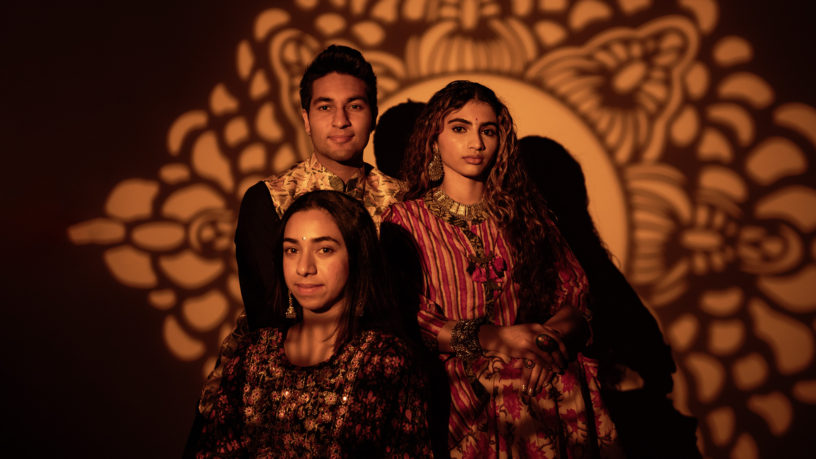
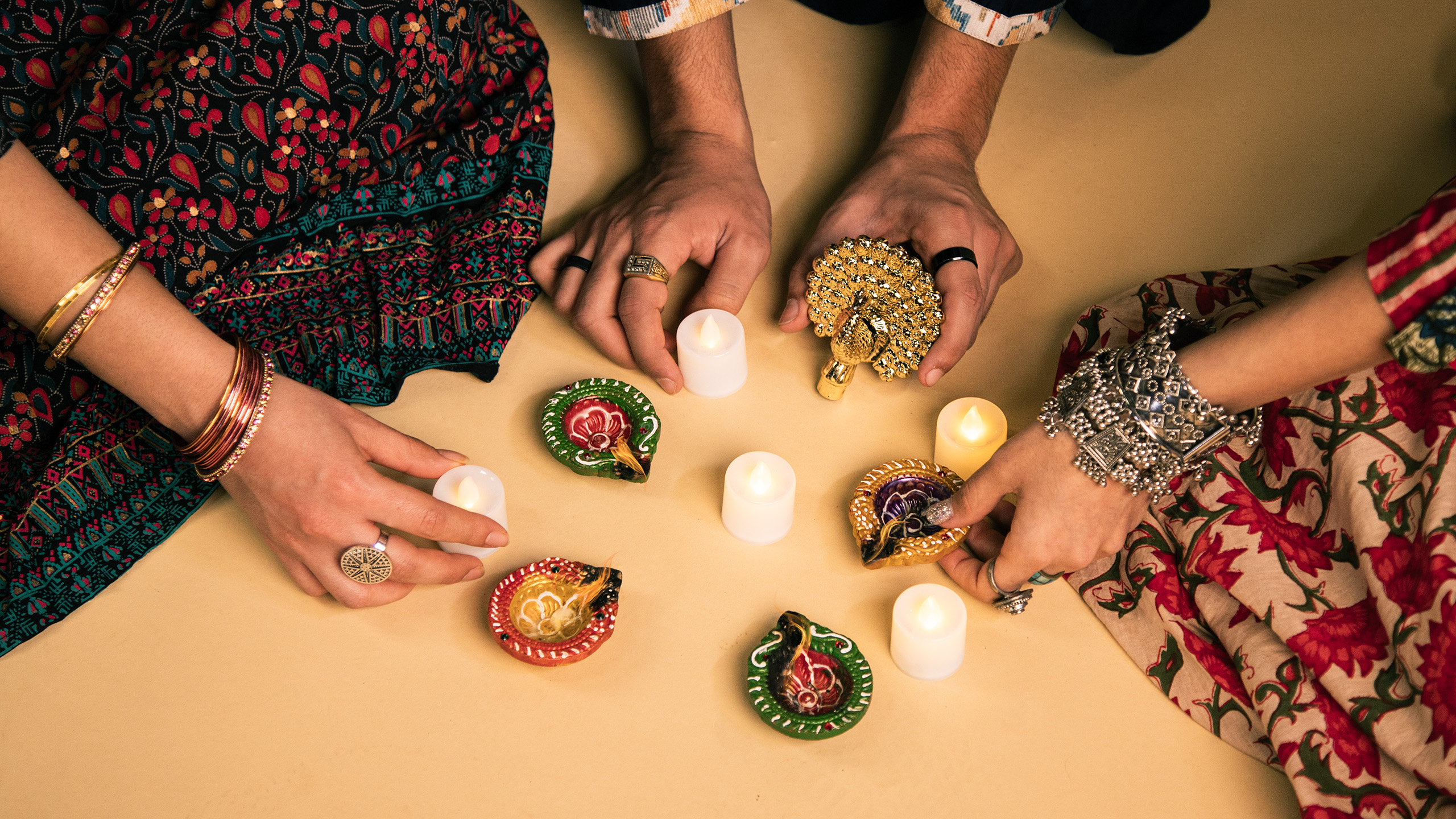
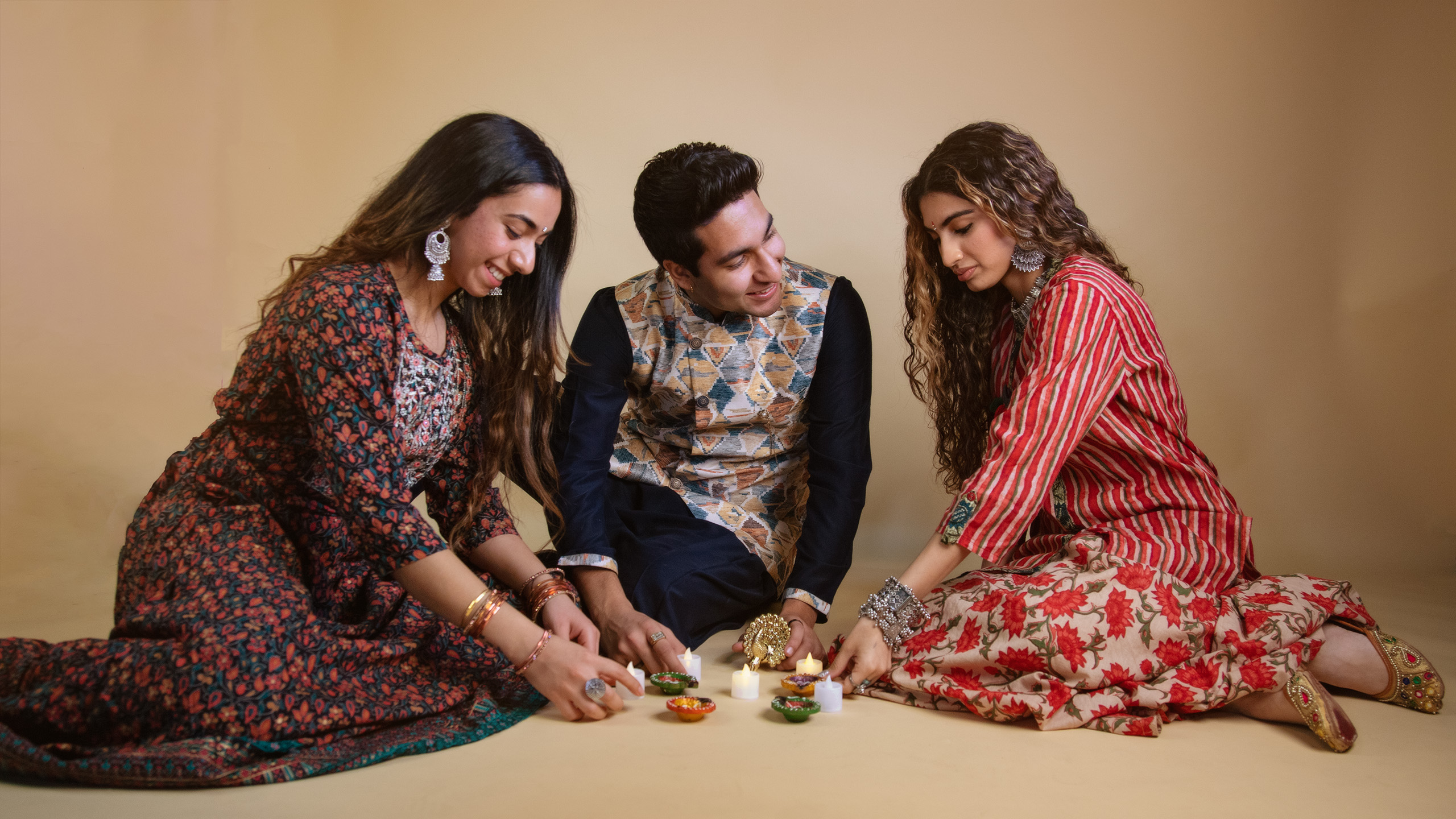
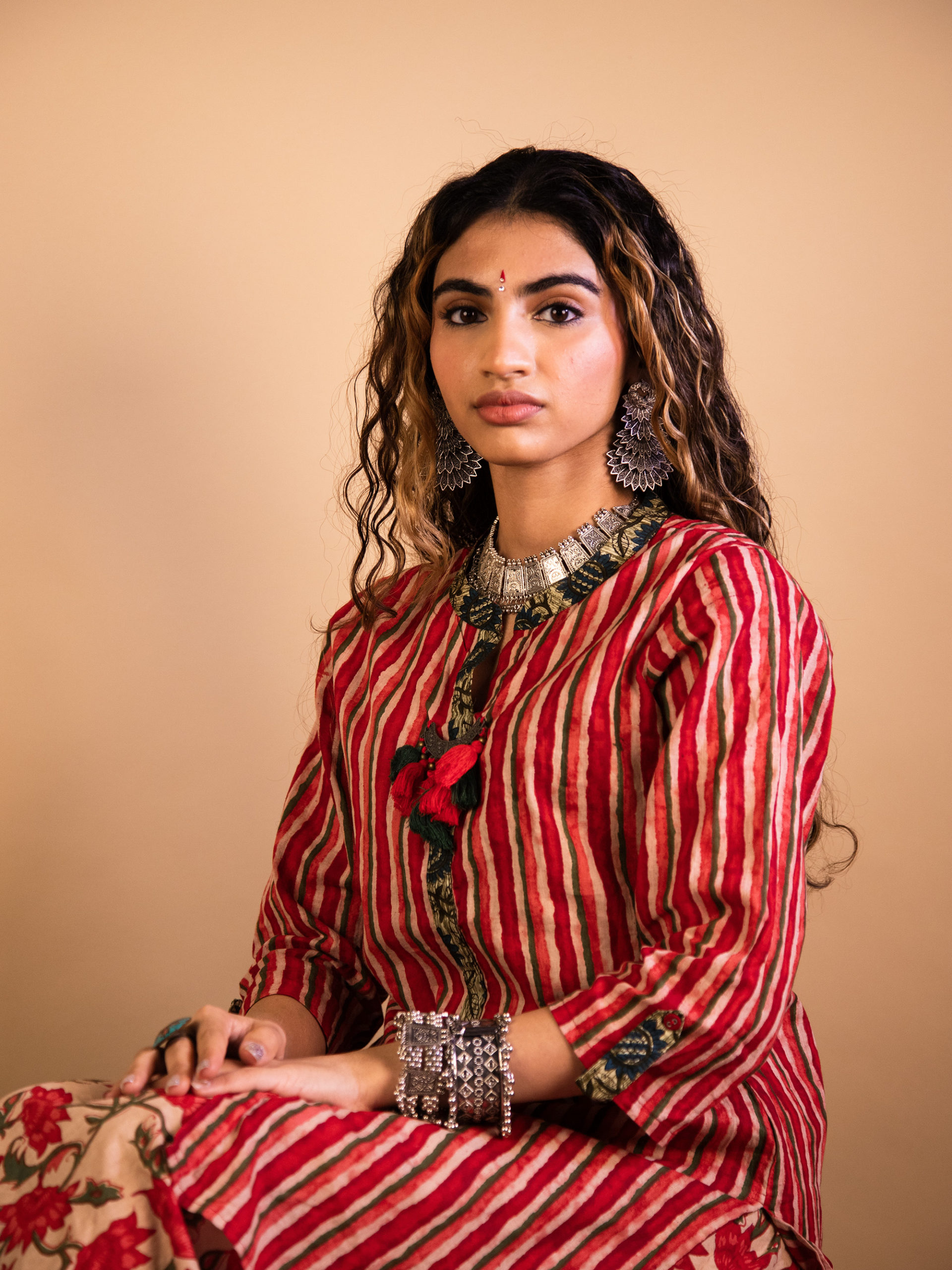
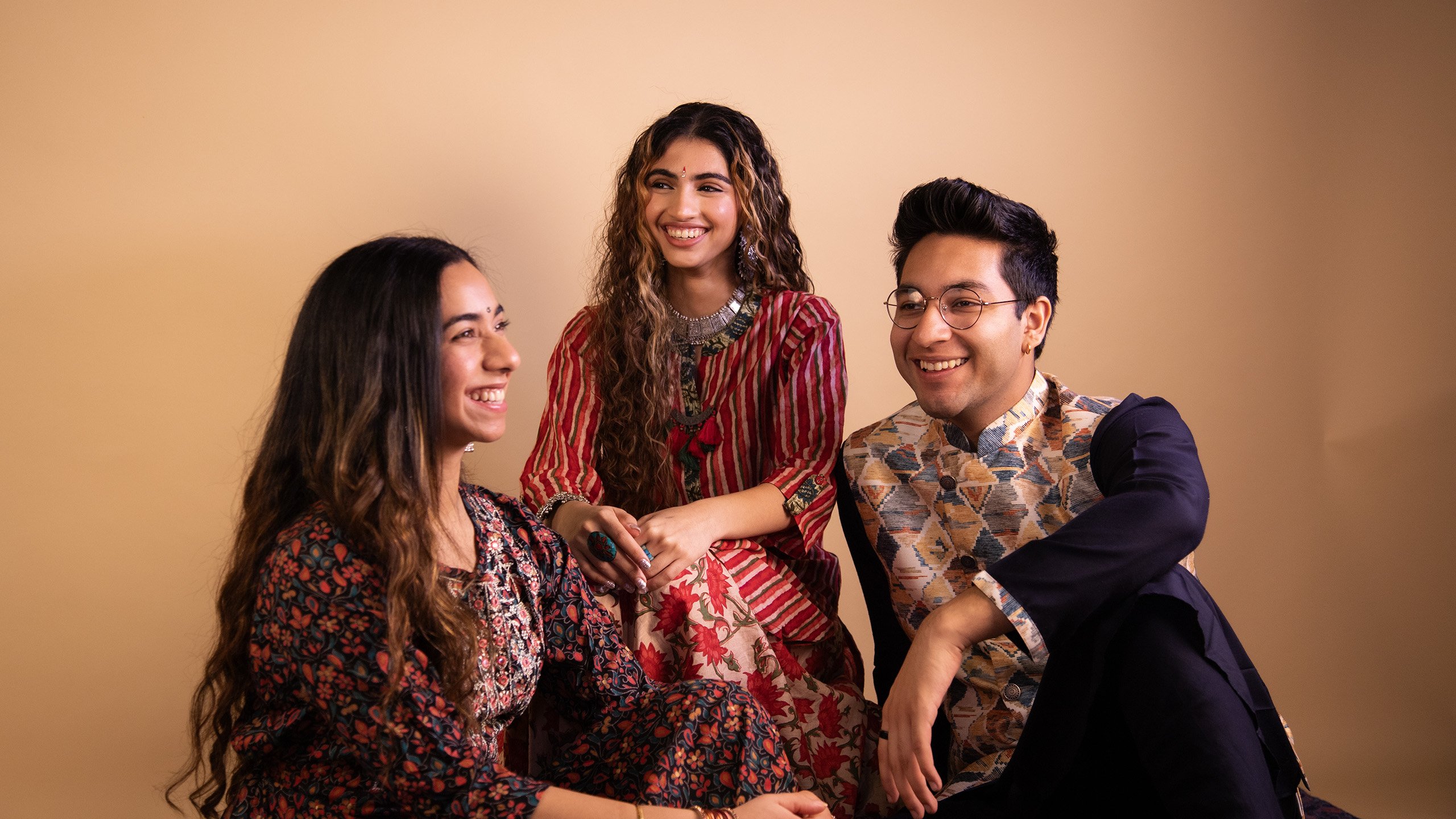
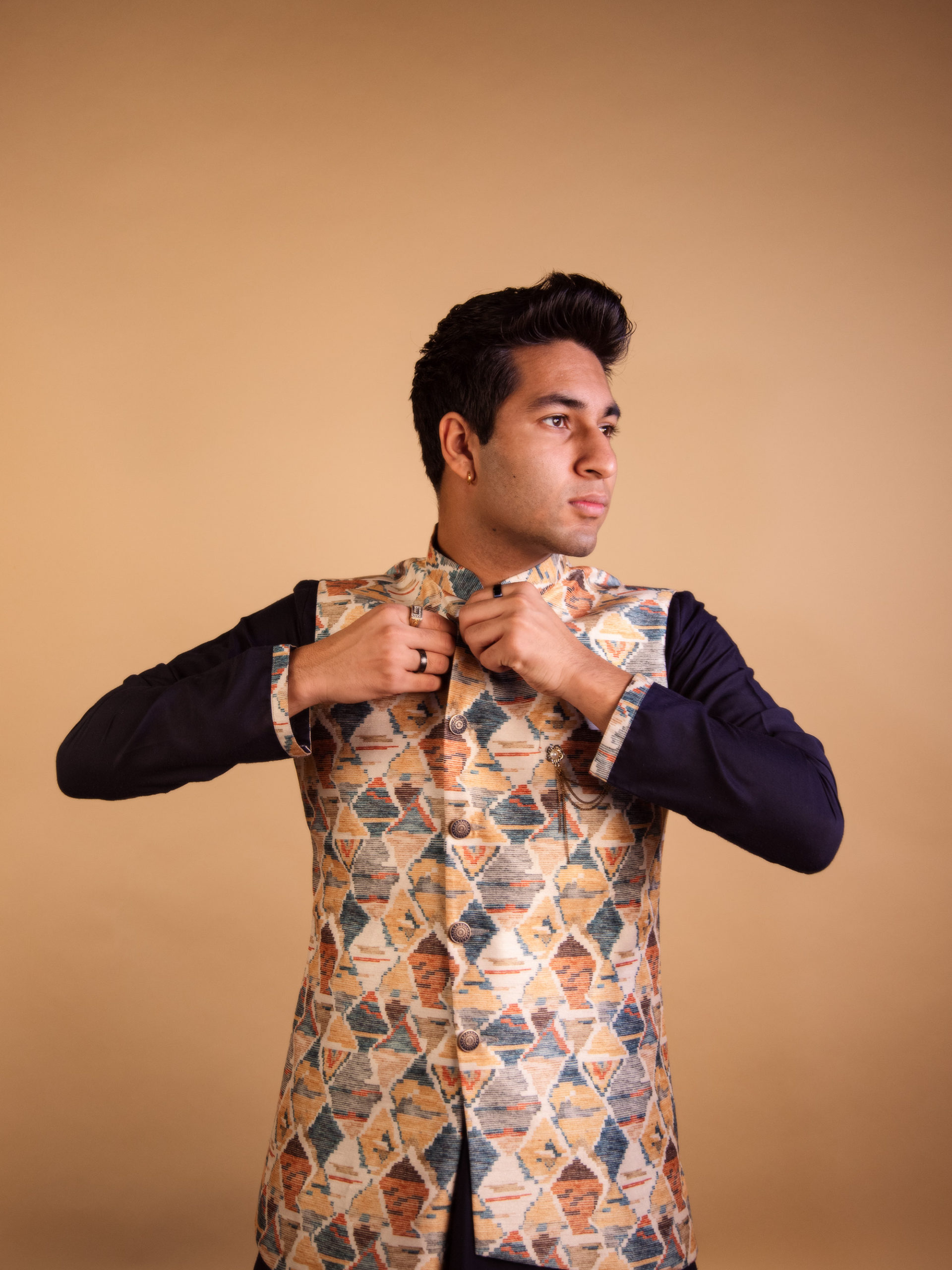
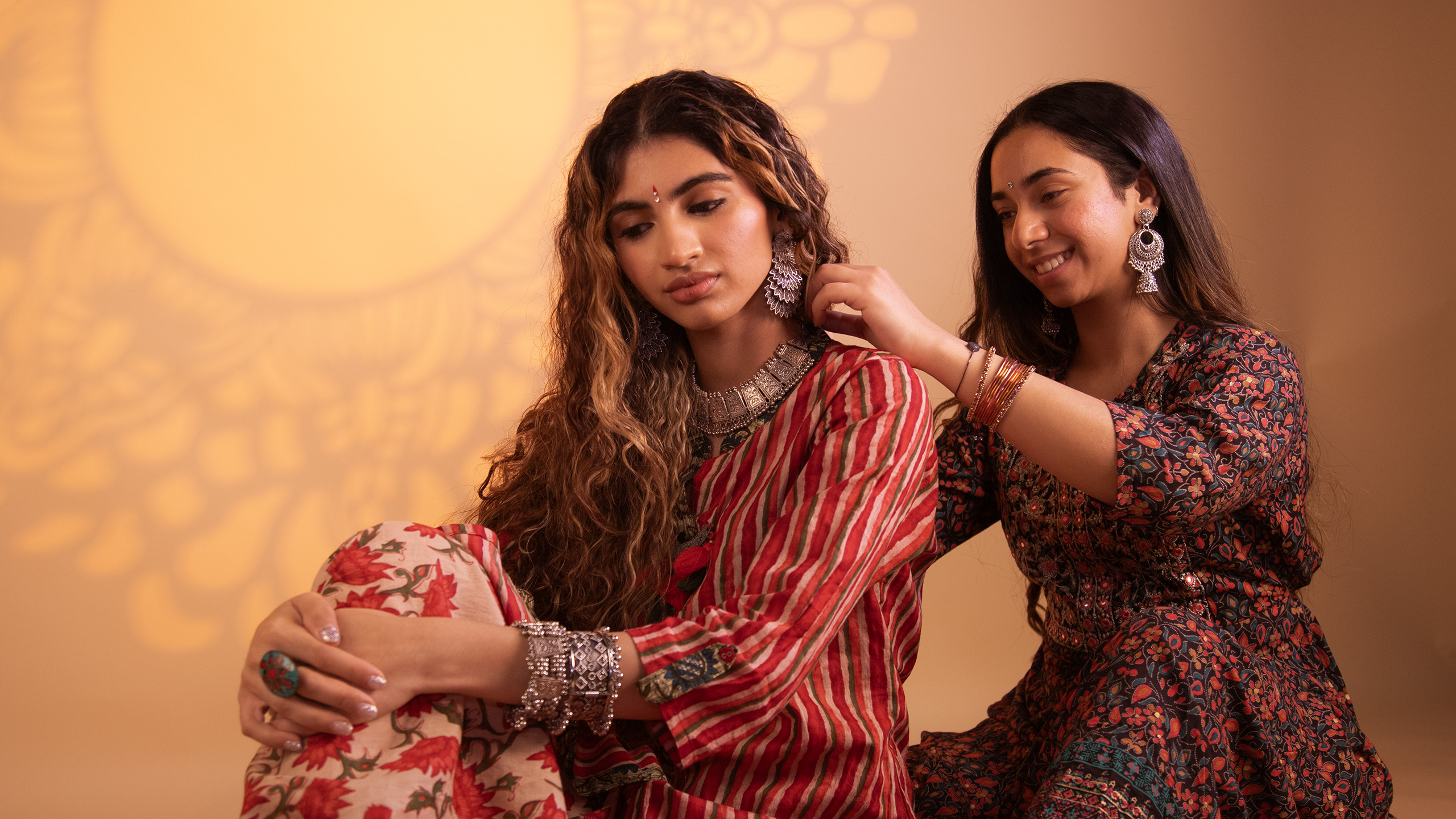
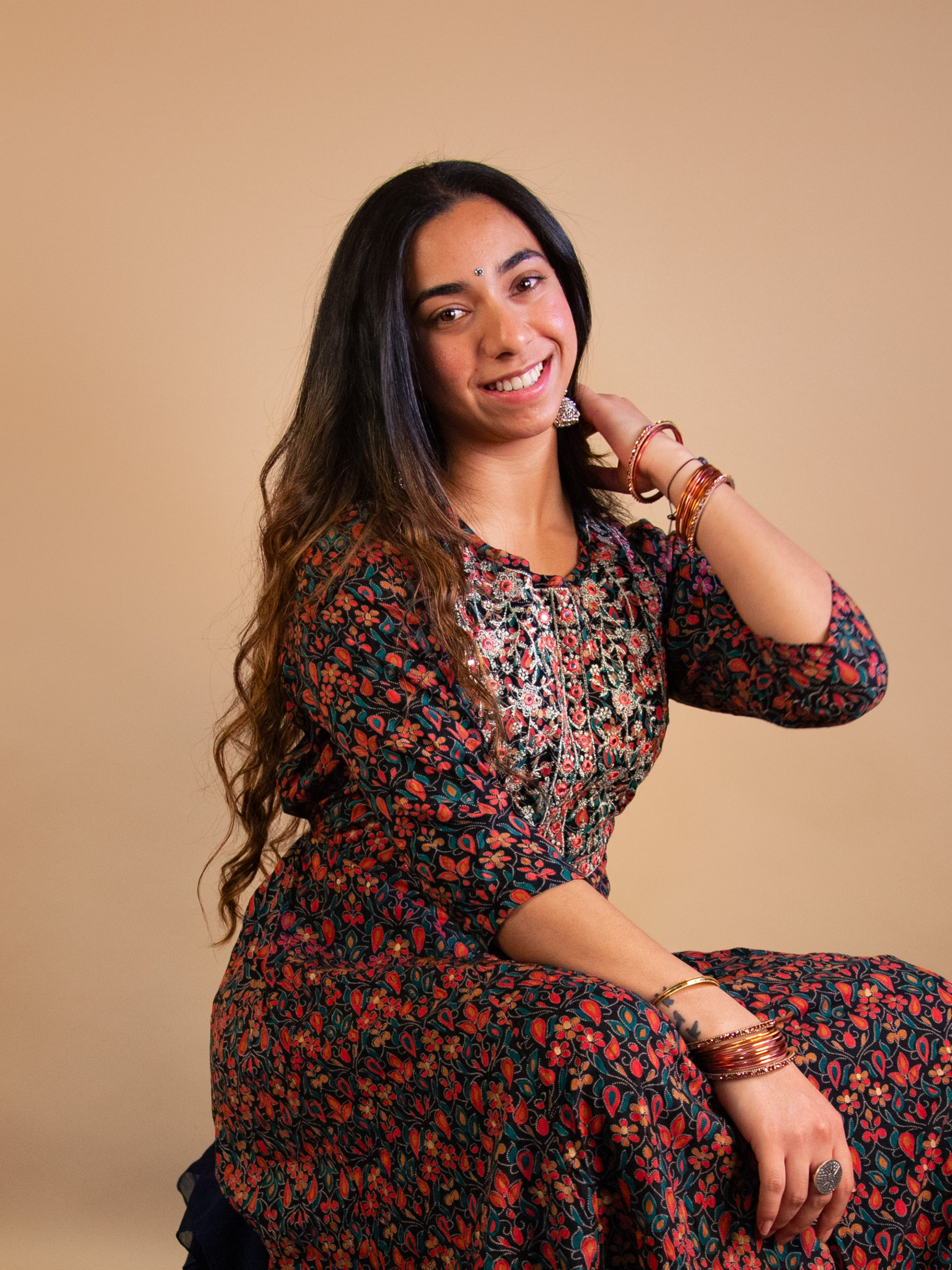









Leave a Reply